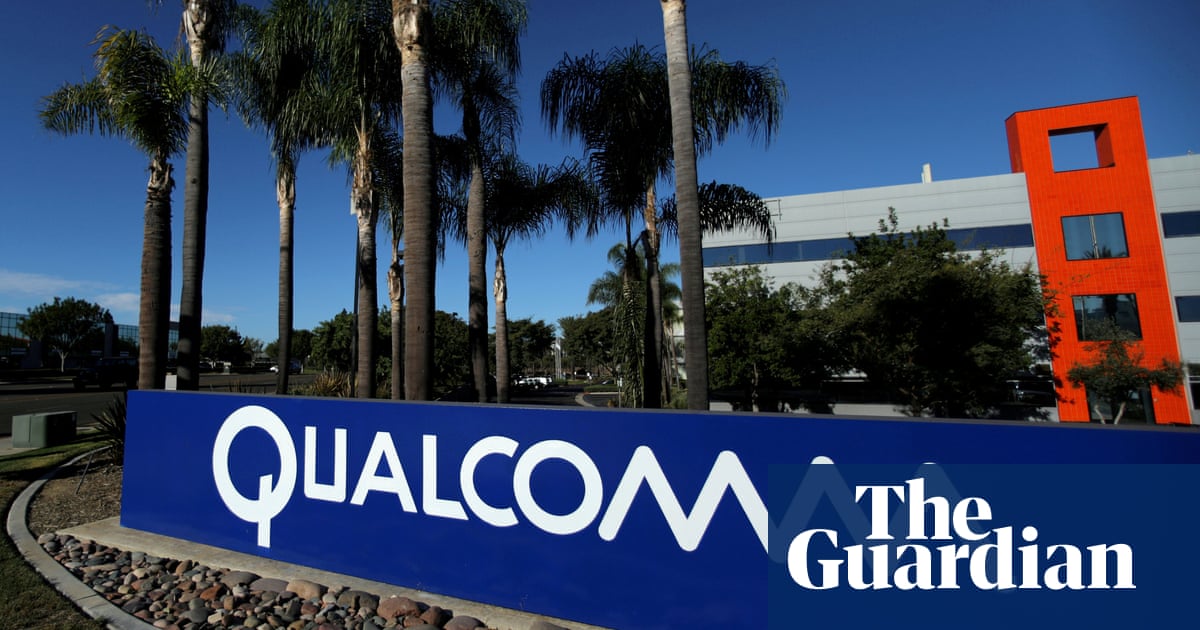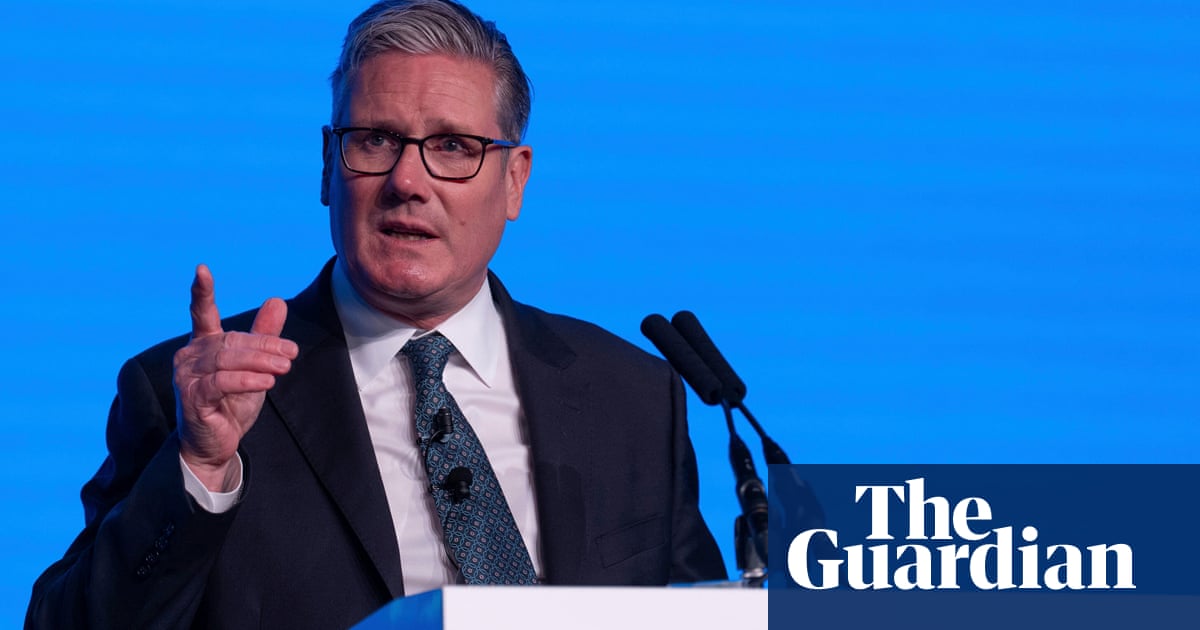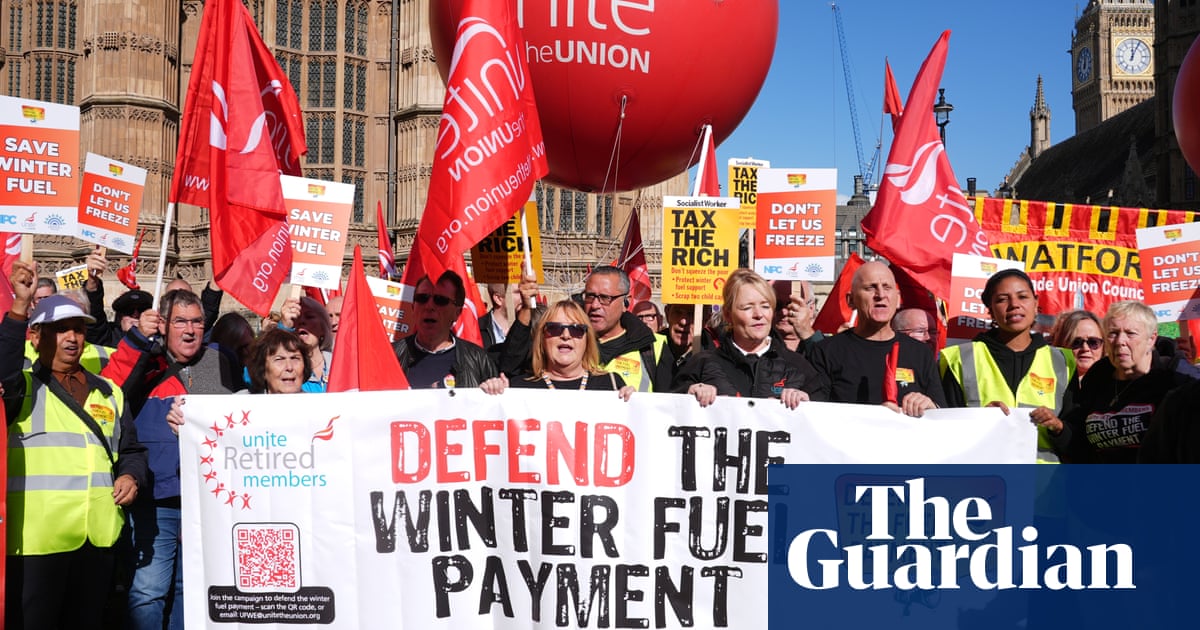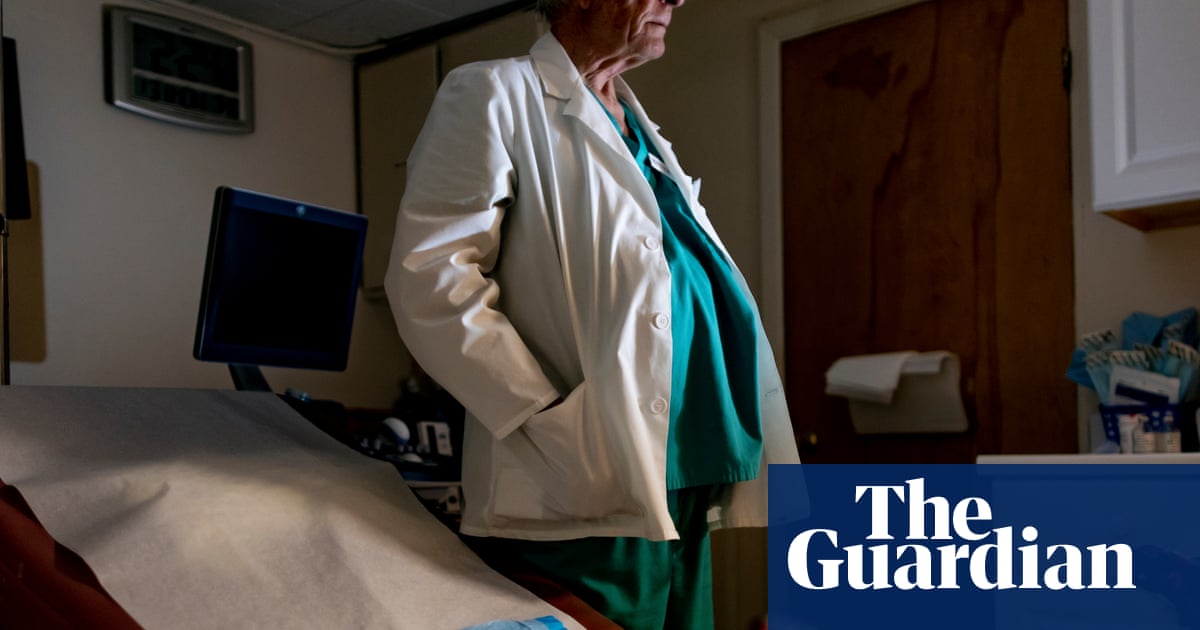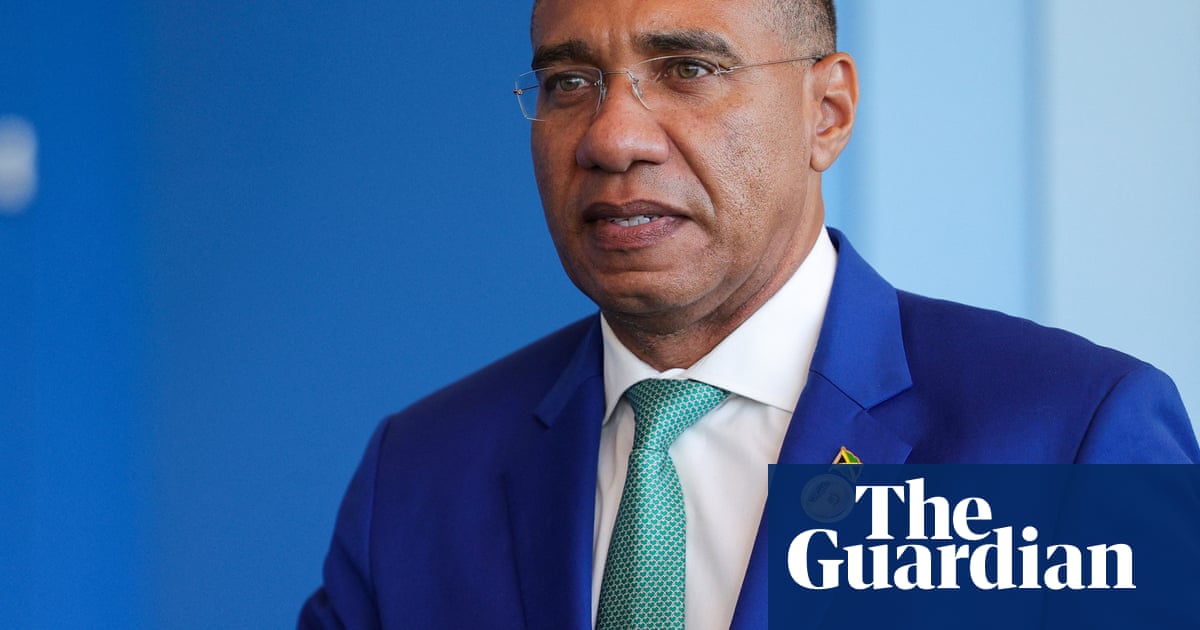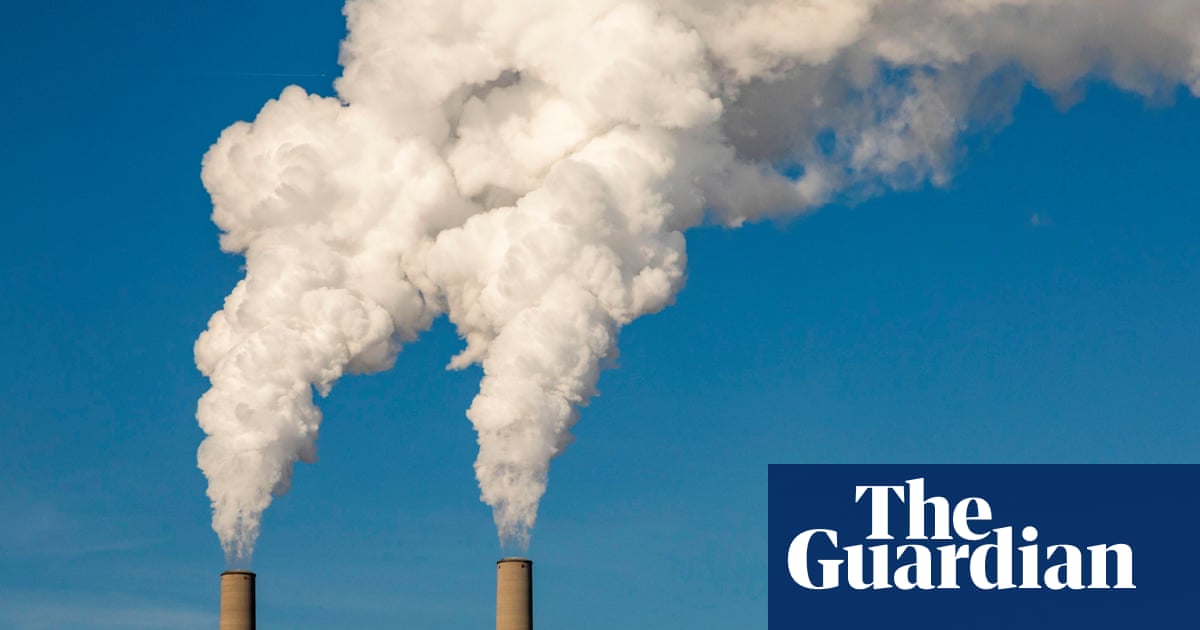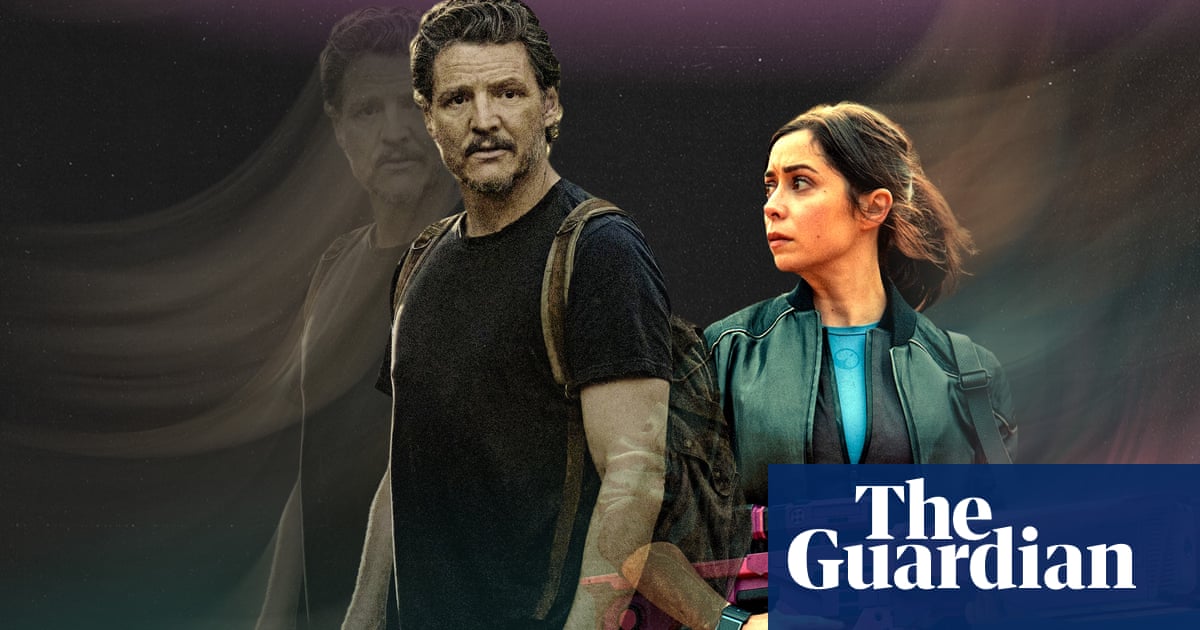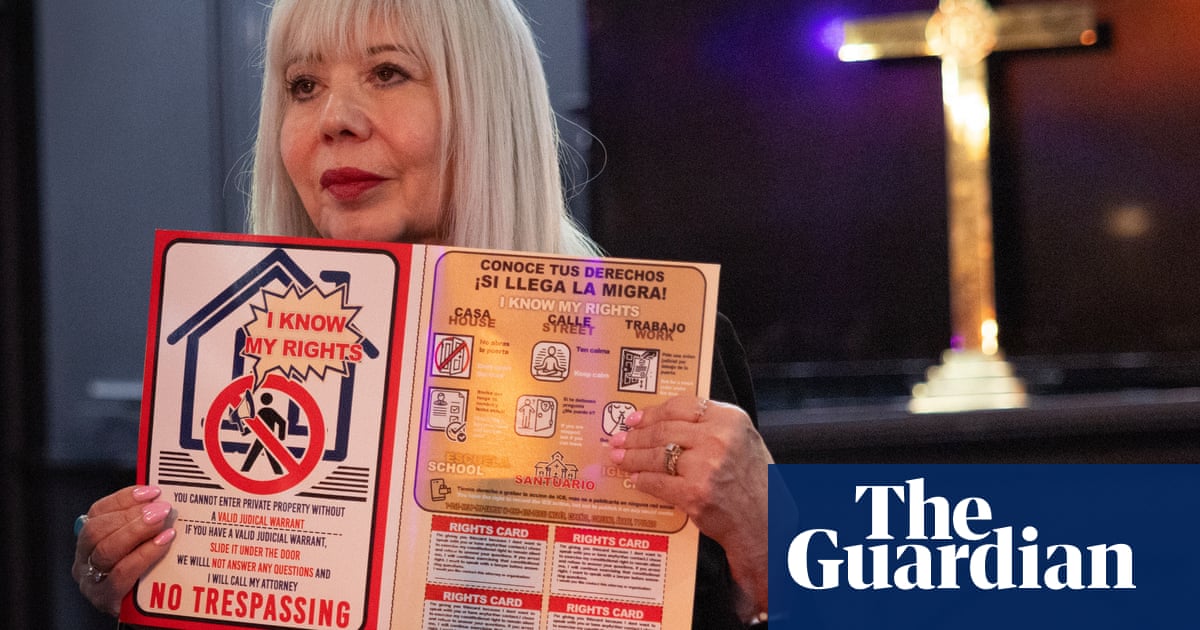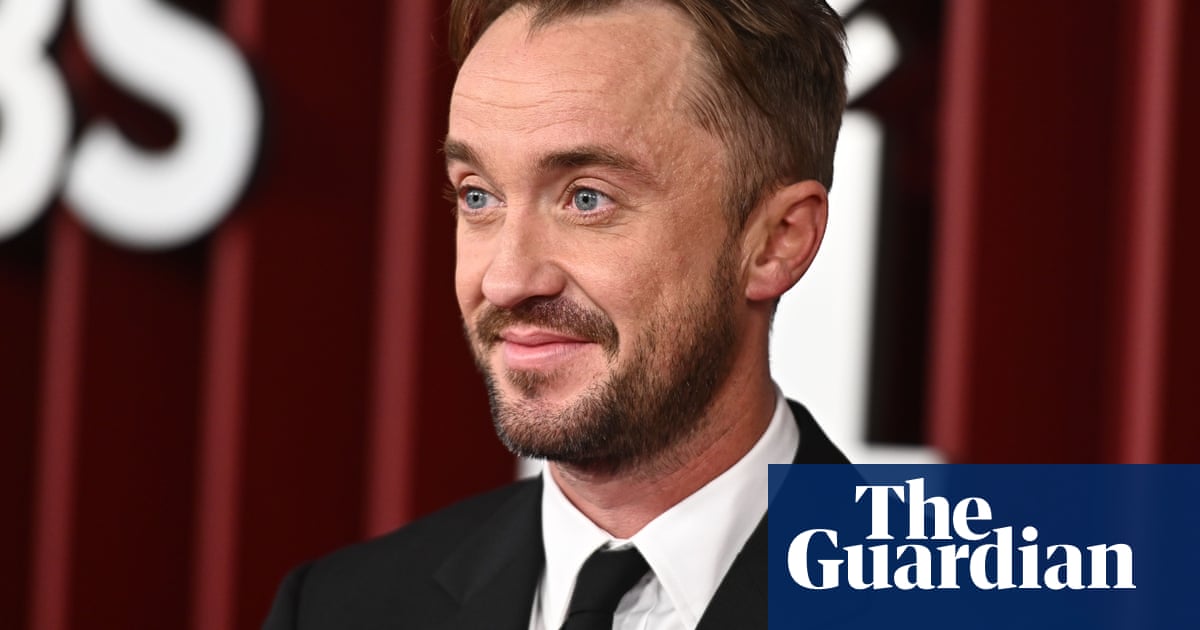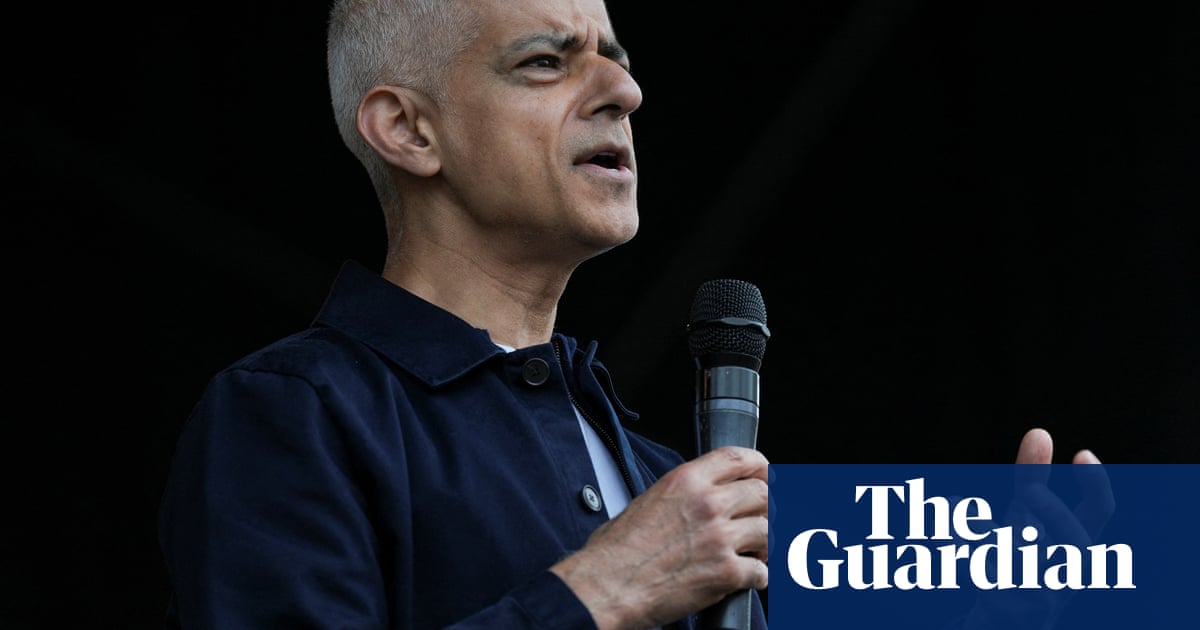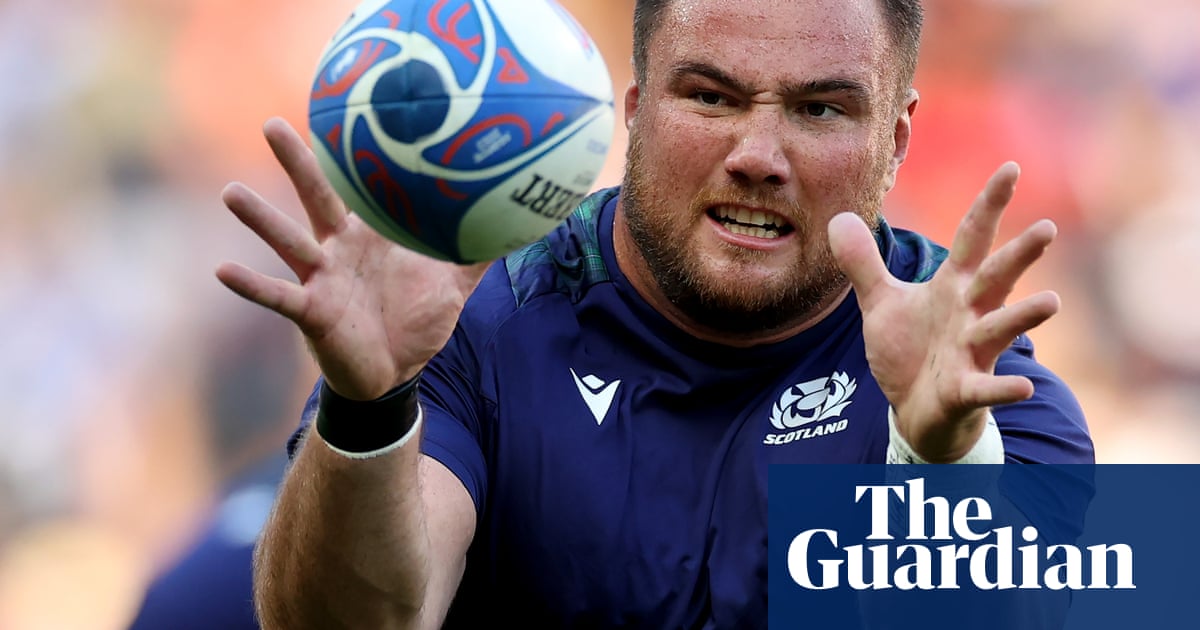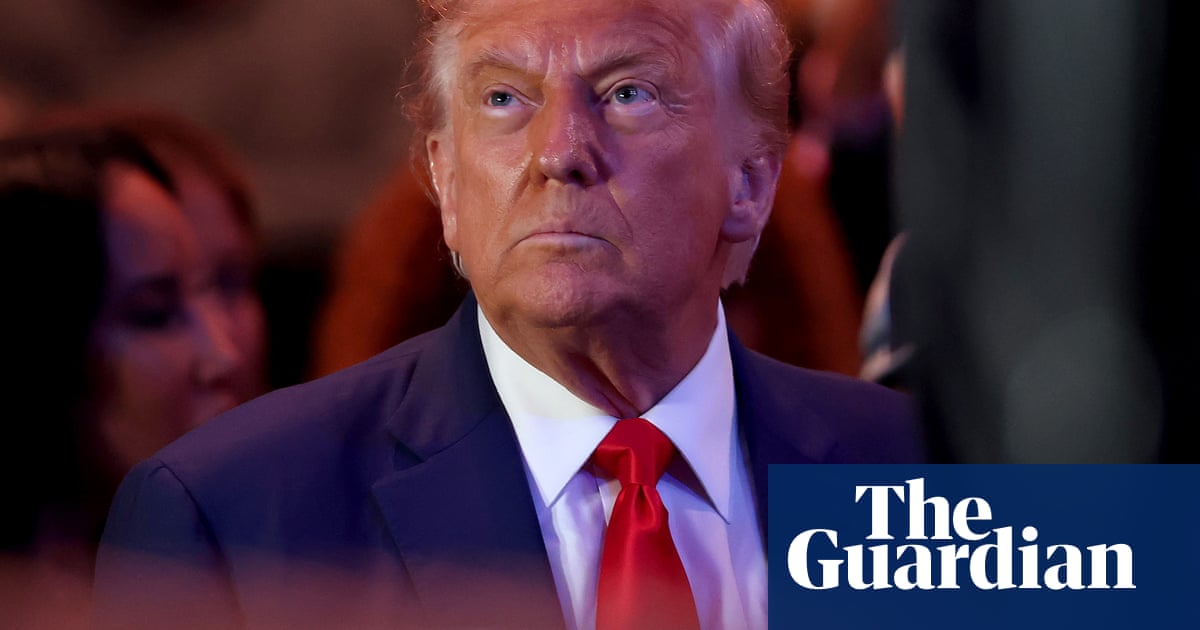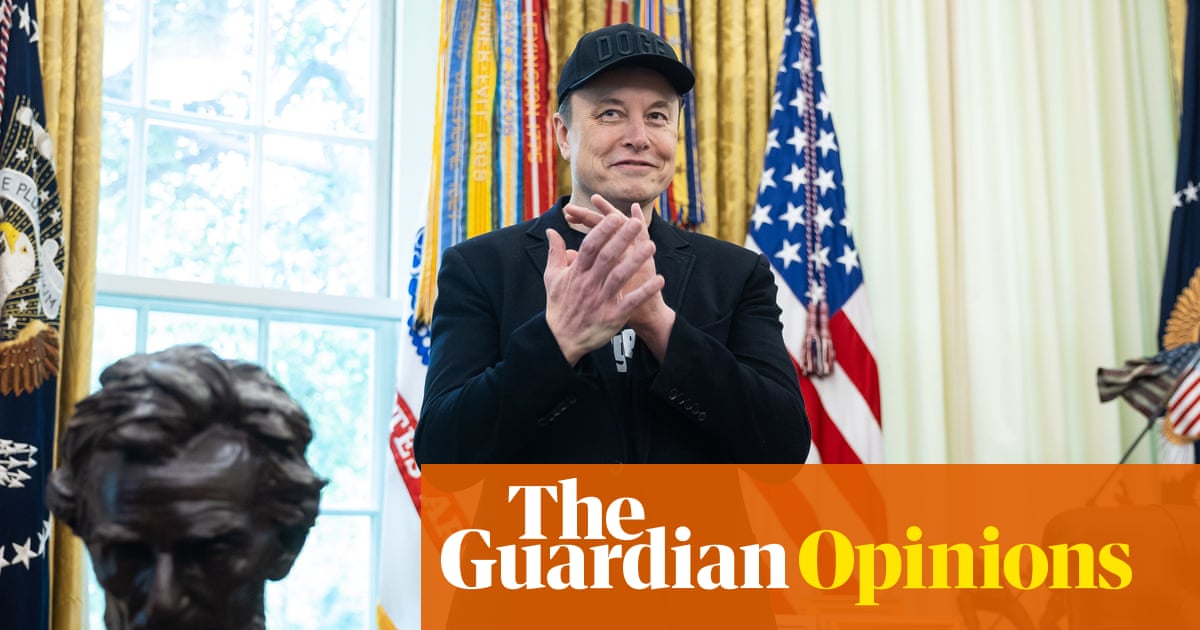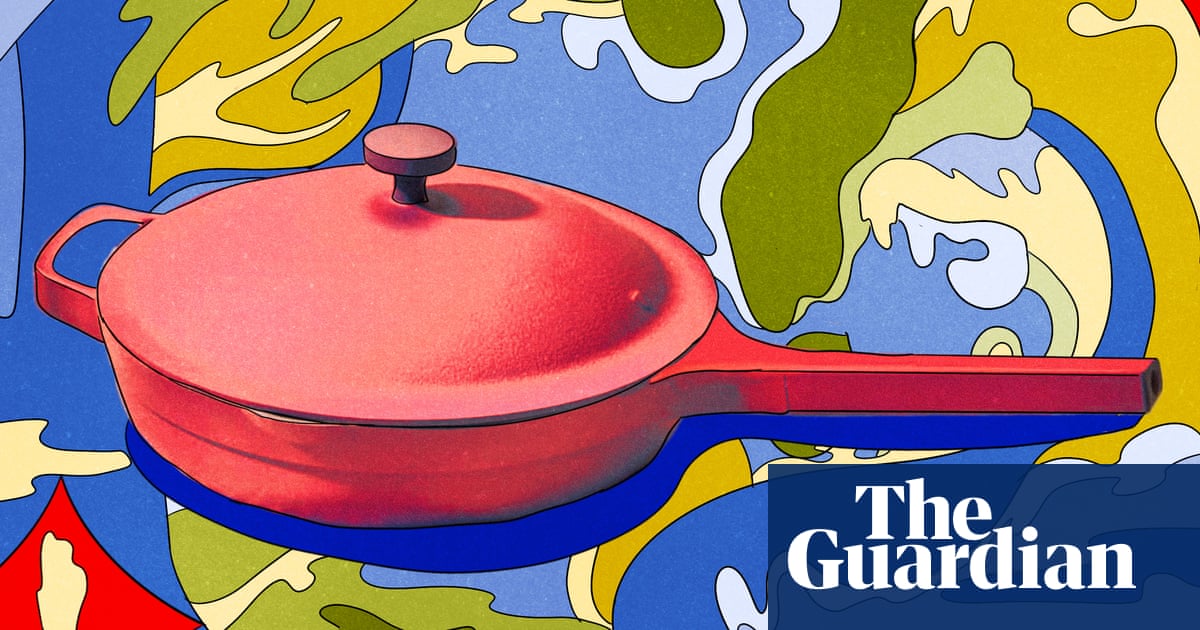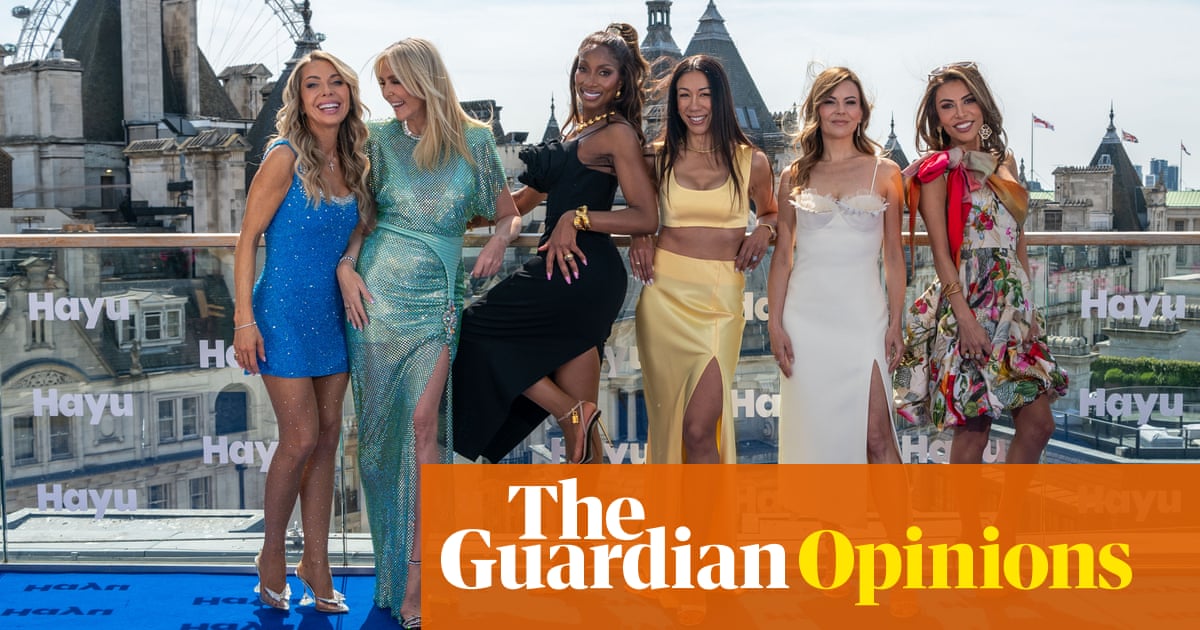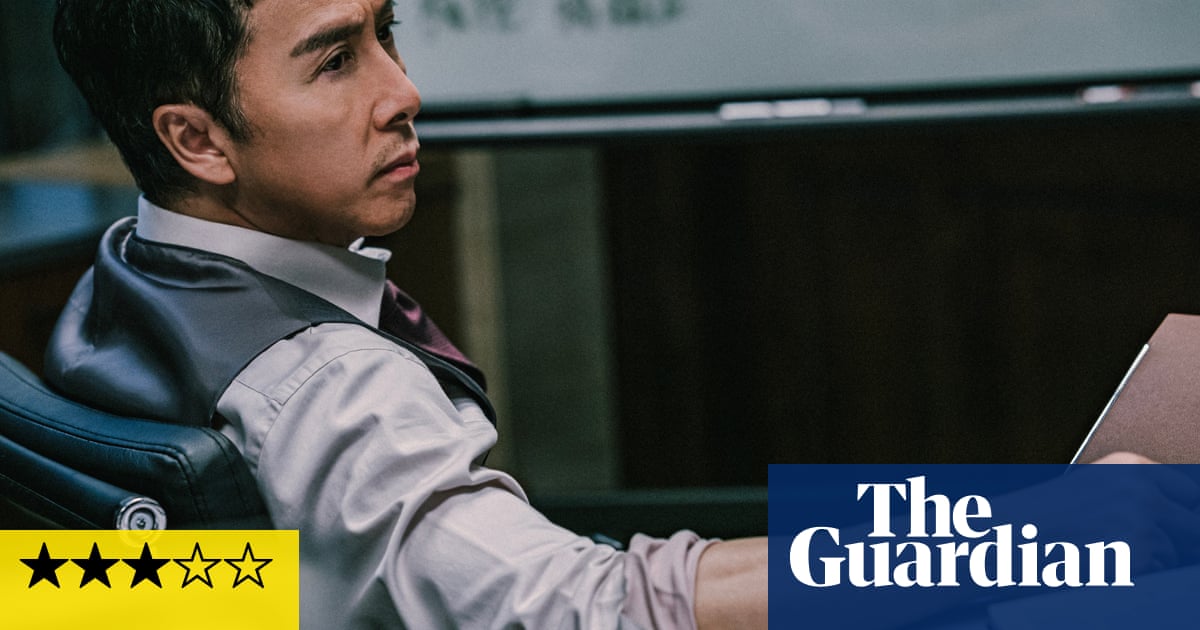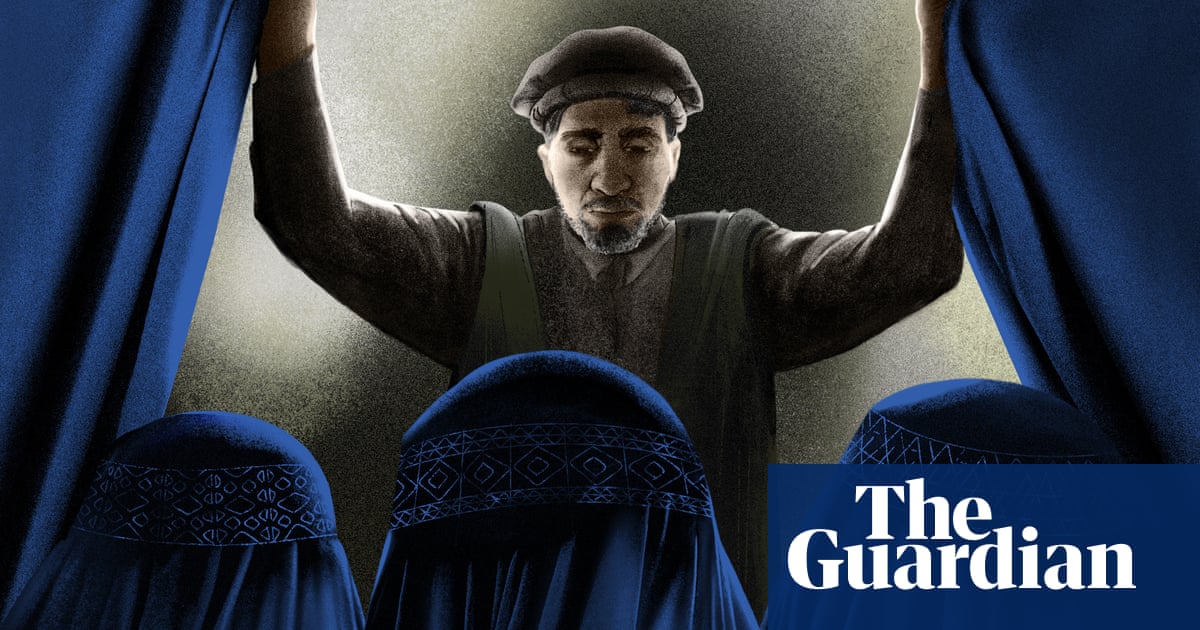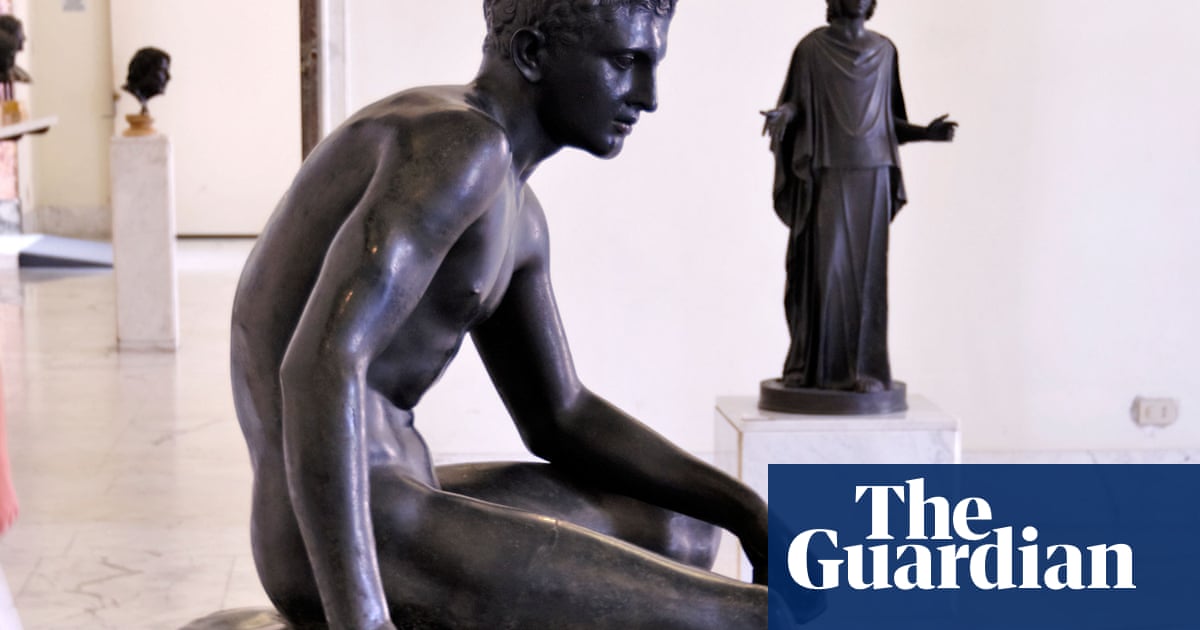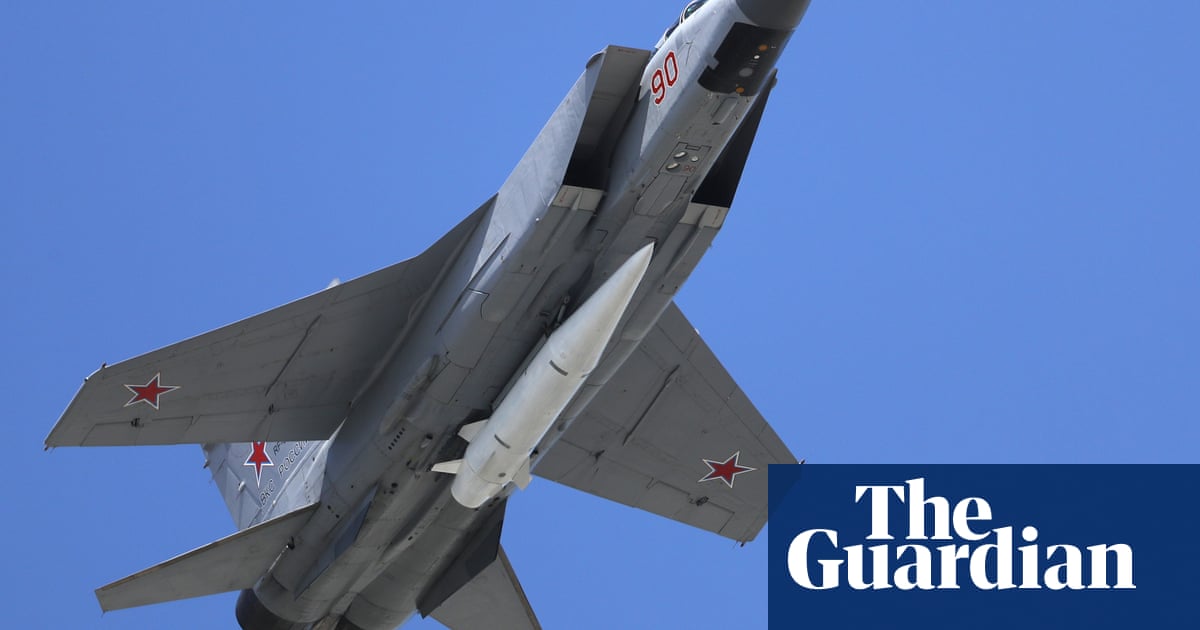Donald Trump has said the Russian leader, Vladimir Putin, would accept European peacekeepers in Ukraine as part of a potential deal to end the three-year war.
The US president was speaking alongside the French president, Emmanuel Macron, at the White House on Monday as the leaders sought to smooth over a transatlantic rift to achieve peace.
But the meeting came as the US voted against a United Nations resolution condemning Russia’s invasion of Ukraine, siding with North Korea, Belarus and other Russia-aligned countries over European allies. Democrats branded the move a “disgrace”.
Speaking to reporters in the Oval Office, Macron said Europe was prepared to provide security guarantees to Ukraine in the event of a ceasefire including peacekeepers, although they would not be sent to the frontline.
Trump said he saw no objection to European troops being sent to Ukraine to serve as peacemakers, adding that he had raised the idea with Putin. “Yeah, he will accept it,” the US president said. “I’ve asked him that question.
“Look, if we do this deal, he’s not looking for more war. He doesn’t mind. But I’ve specifically asked him that question. He has no problem with it.”
Trump last week branded the Ukrainian president, Volodymyr Zelenskyy, a “dictator” and falsely blamed Ukraine for starting the war, signalling a fundamental breach with Europe.
At a joint press conference in the East Room, he told reporters. “It’s time to end this bloodletting and restore peace. We’ve had some great conversations, including with Russia … Our focus is on achieving a ceasefire as soon as possible and ultimately a permanent peace.”
The US president claimed he had made more progress in the past month than was made in the previous three years. “I believe that Emmanuel agrees with me on many of the most important issues,” he said. “Europe must take a central role in ensuring the long-term security of Ukraine.”
Macron responded that he thought he and Trump had “made very substantive steps forward” in their discussion but stressed that peace “must not mean a surrender of Ukraine or ceasefire without guarantees”.
Meanwhile, Putin on Monday also signalled that he was not opposed to Europe’s involvement in the talks. In a televised interview reported by Agence France-Presse, the Russian president said: “Not only European [countries] but other countries too have the right and can take part.”
Trump and his team have been negotiating a minerals revenue-sharing agreement with Ukraine to recoup some of the money that the previous administration had sent to Kyiv to repel Russia.
Earlier, in the Oval Office, Trump described the minerals deal as “very close” and said he might meet Zelenskyy soon to seal the agreement.
“He may come in this week or next week to sign the agreement, which would be nice,” Trump said, adding that he would also be meeting Putin at some point.
Zelenskyy last week rejected US demands for $500bn in mineral wealth from Ukraine to repay Washington for wartime aid, contending that the US had supplied nowhere near that sum so far and offered no specific security guarantees in the agreement.
Asked if Ukraine should be willing to cede territory to Russia as part of a negotiated end to the conflict, Trump said: “We’ll see,” and noted that talks were just beginning.
Macron became the first European leader to visit Trump since he regained power a month ago. He was at the White House for a morning session that lasted an hour and 45 minutes, including both leaders participating in a video conference with other G7 leaders about Ukraine.
The pair projected cordiality but clashed when Trump made false claims about the funding of the war. He said: “Just so you understand, Europe is loaning the money to Ukraine. They’re getting their money back.”
Macron leaned over to touch Trump’s arm and interjected: “No, in fact, to be frank, we paid. We paid 60% of the total effort. It was like the US: loans, guarantees, grants. We have $230bn in frozen assets in Europe, Russian assets. But this is not collateral of a loan because it is not our belonging. So they are frozen.”
Trump responded: “If you believe that, it’s OK with me. They get their money back, and we don’t. But now we do.”
During the joint press conference, Trump said: “Before I came here there was no communication with Russia whatsoever. Russia was not answering calls … But when I got here one of the first calls I made was to President Putin and we were treated with great respect and they want to end this war, so that’s a big thing.
He added: “I think it’s to the very much benefit of Russia to make a deal and to go on with leading Russia in a very positive way.”
But Macron warned: “I think it’s super important to go to the peace. But my strong point was to say: ‘Let’s try to get something first which can be assessed, checked and verified.’”
He added: “We want peace, but we don’t want an agreement that is weak.”
In an interview with Fox News after his visit with Trump, Macron said a truce between Ukraine and Russia “could be done in the weeks to come”. He also praised Zelenskyy’s leadership and said it was crucial for Trump to meet with the Ukrainian president.
The British prime minister, Keir Starmer, is to visit Trump later in the week, amid alarm in Europe over Trump’s hardening stance toward Ukraine and overtures to Moscow on the three-year-old conflict.
That alarm deepened on Monday when the US voted against a UN resolution condemning Russian aggression in Ukraine and calling for the nation’s occupied territory to be returned. The UN general assembly passed the resolution by an overwhelming margin.
Sheldon Whitehouse, a Democratic senator who co-led a bipartisan delegation to the recent Munich security conference, said: “This vote is a disgrace. Trump’s senseless betrayal of the alliances that have kept Americans safe since world war two and his fealty to the murderous aggressor Putin are a national security threat.”

 3 months ago
77
3 months ago
77
